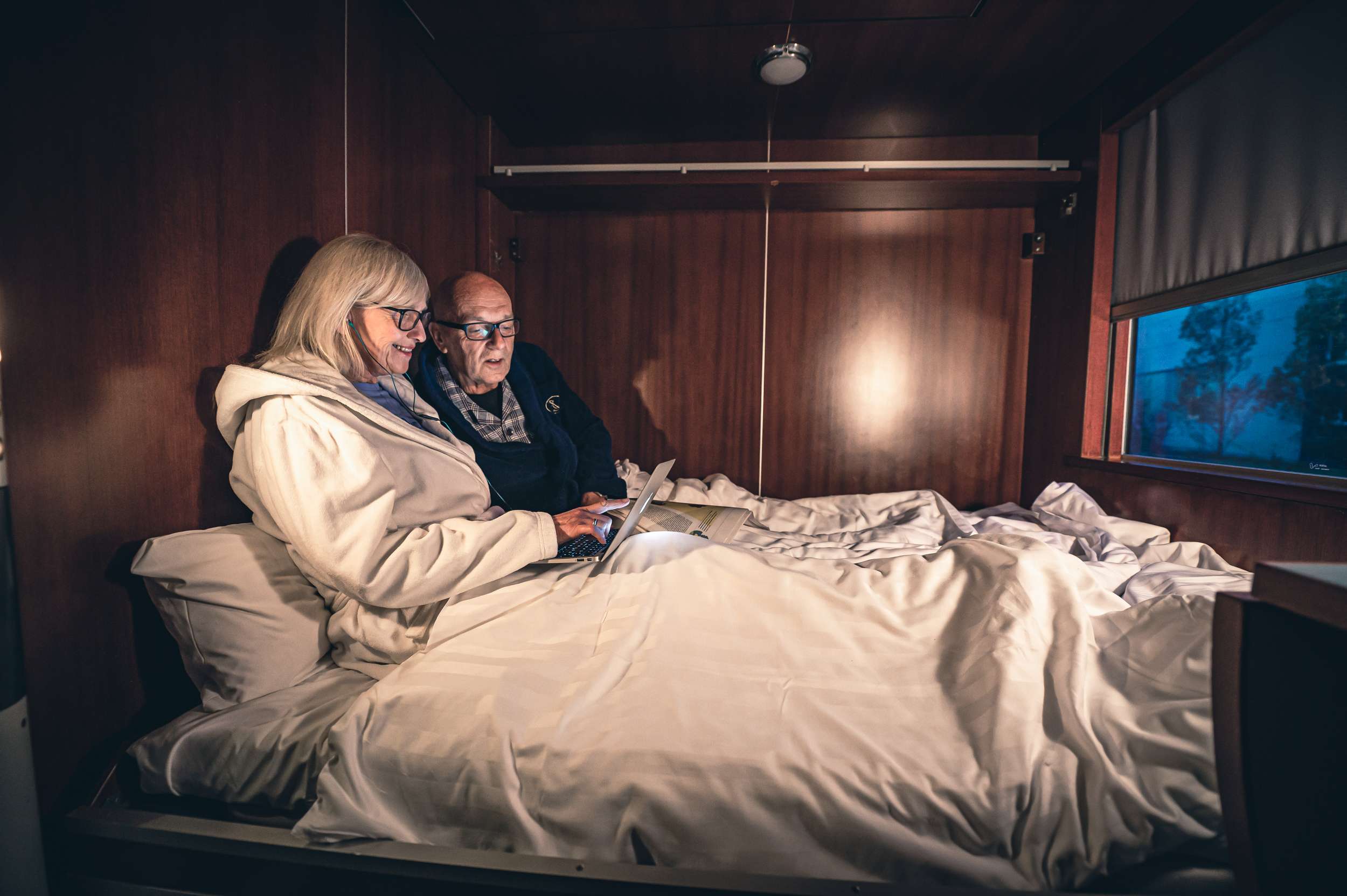Europe is set to gain another sleeper train service in the shape of EuroNight, an overnight rail connection between Switzerland and Sweden, passing through Germany and Denmark along the way, in the first direct link avoiding changes between Basel and Malmö.
Ticket bookings went live on 4 November 2025 and, pending Swiss parliamentary approval for CHF 47 million (around €50.6 million) in decarbonisation subsidies, the first EuroNight Basel-Malmö 472/473 train is due to depart on 15 April 2026. The collaboration between Swiss Federal Railways (SBB) and Germany’s RDC will see three return journeys every week, transporting up to 350 passengers by rail on the 1,400-kilometre route between Basel and Malmö, or vice versa.
Leaving Basel at 5:35 pm on Wednesdays, Fridays and Sundays, the northward trip will take 16 hours, pulling into Malmö in time for a cinnamon bun for breakfast at 9:35 am the following day, SBB says. In the other direction, trains will depart Malmö at 6:57 pm on Thursdays, Saturdays, and Mondays, arriving in Basel at 11:30 am the following day, with a slightly longer duration of 16 hours and 30 minutes.
 © RDC Deutschland GmbH
© RDC Deutschland GmbH
The itinerary stops at the German stations of Freiburg (Breisgau), Karlsruhe, Mannheim, Frankfurt (Main) Süd and Hamburg, and the Danish stations of Padborg, Kolding, Odense, Høje Taastrup and Copenhagen Airport, from where anyone wanting to reach Denmark’s capital by train can make an approximately 15-minute S-Bahn commute to Copenhagen Central Station.
Trains will feature sleeping cars, couchette cars, and seating cars, as well as a barrier-free compartment. A bistro car will operate in both directions on the route between Basel SBB and Padborg.
The new service is described by RDC as a “comfortable and direct night train connection in cooperation with Swiss Federal Railways (SBB) connecting Switzerland and Scandinavia without the need to change trains for the first time!” In terms of onward journeys, the German operator notes that “Malmö is an ideal starting point for onward travel within Scandinavia, including to Stockholm, Gothenburg, and Oslo. Popular destinations such as Copenhagen, Jutland, and Zealand in Denmark are also connected, as are several cities in southern Germany and the Rhine-Main area. In Karlsruhe, passengers can connect to the TGV to Paris, while in Basel SBB, they can connect to popular destinations in Switzerland and northern Italy.”
 © RDC Deutschland GmbH
© RDC Deutschland GmbH
Meanwhile, SBB said the connection would make “climate-friendly travel to Northern Europe even more accessible,” arguing that it “meets the growing demand for sustainable, cross-border mobility.”
